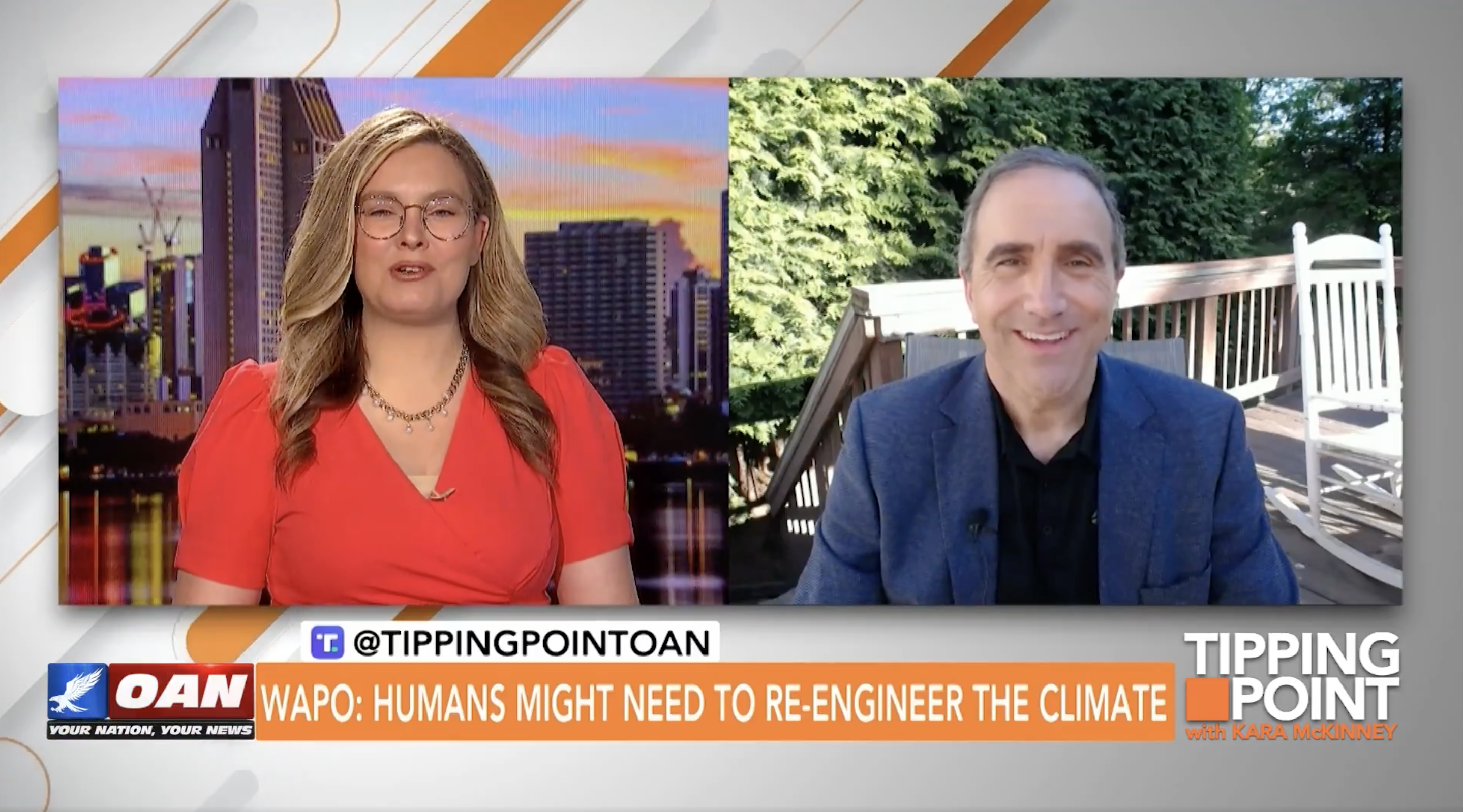https://www.cfact.org/2019/11/07/sale-of-indulgences-dominates-madrid-climate-summit/
In Madrid the negotiators will be trying hard to finalize the Paris Accord emission trading scheme. The non-binding Paris Accord targets may have big bucks value for some developing countries and this has led to a paralyzing controversy.
Emission trading means any country that does better than their target can sell the difference as indulgences, called carbon credits.
This is potentially a huge market. The airlines are already promising to offset their enormous, jet propelled emissions, and most developed countries are not on track to hit their targets, so there are a lot of potential buyers.
Countries like China and India have a lot to sell, despite their coal mania, because their targets are based on emissions per GDP, not emissions per se. Industrialization increases emissions but it increases productivity even more, a lot more. Booming Brazil also has a pot full of indulgences to sell, as may others.
This big pile of old credits is the primary sticking point. The new trading scheme, called the Sustainable Development Mechanism (SDM), replaces the old Clean Development Mechanism (CDM) under the Kyoto Protocol, which expires next year. China and India have banked huge amounts of CDM carbon credits, thanks to their rapid industrialization. So much that some fear there is danger of a glut making credits worthless. China and the other big holders of CDM credits do not see it that way.
There is also the feeling that the old CDM credits are mostly bogus. A 2016 EU-commissioned report found that just 2% of CDM projects were likely to ensure additional emissions reductions. Claiming emission reductions for projects that were going ahead anyway is cheating in many people’s eyes.
There is also the issue called “double counting.” This is when Country A sells credits to Country B, but does not subtract the credit from its reduction claim. In effect both A and B are then counting the reduction the credit is supposedly based on. (Socialism is the land of complex rules.) Preventing this sort of double counting would require that every country open their emission books to outside scrutiny, which China especially does not want.
For these reasons, among others, there is a widespread movement to not allow CDM credits to be brought forward into the SDM pot. China, India et al disagree strongly. They want to cash in on those old credits. With possibly billions of dollars at stake, this is by far the biggest issue on the Madrid summit table. After all, this whole show is about money, not climate.
Another SDM issue that is active in the halls but not yet on the table is social justice. The argument is that a lot of CDM projects were socially bad, for example harming local communities. So there is a group of mostly small countries, led by Switzerland, who want the SDM to include social justice safeguards, like local approval. The big dogs do not want this.
Another interesting aspect is that the value of credits to sell is an incentive for developing countries to set weak targets that are easy to beat. In short there appear to be lots of ways to game the SDM system.
This debate may not end in Madrid. It failed to end at the last summit, in Poland. It was the topic of a special session last month, in Costa Rico, that also made no progress. Some people even argue that without the SDM the Paris Accord system fails.
CFACT will be covering this flaming hot issue in Madrid. Stay tuned.




